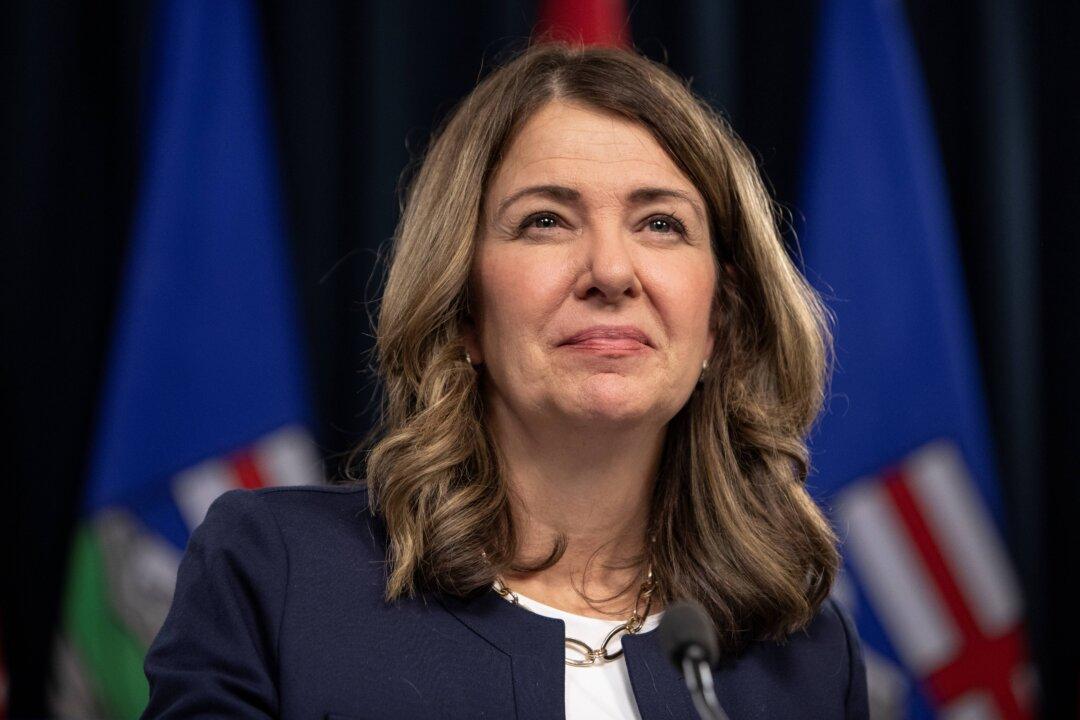Health Minister Mark Holland said Ottawa is examining a proposal by the Quebec government to authorize certain early requests for Medical Assistance in Dying (MAiD) this fall.
“Quebec just announced their intention. I’ve had a number of conversations with different folks, different ministers in the government of Quebec, and what I’ve indicated is that we’re going to take a look at the proposal,” Holland told reporters on Sept. 9.





